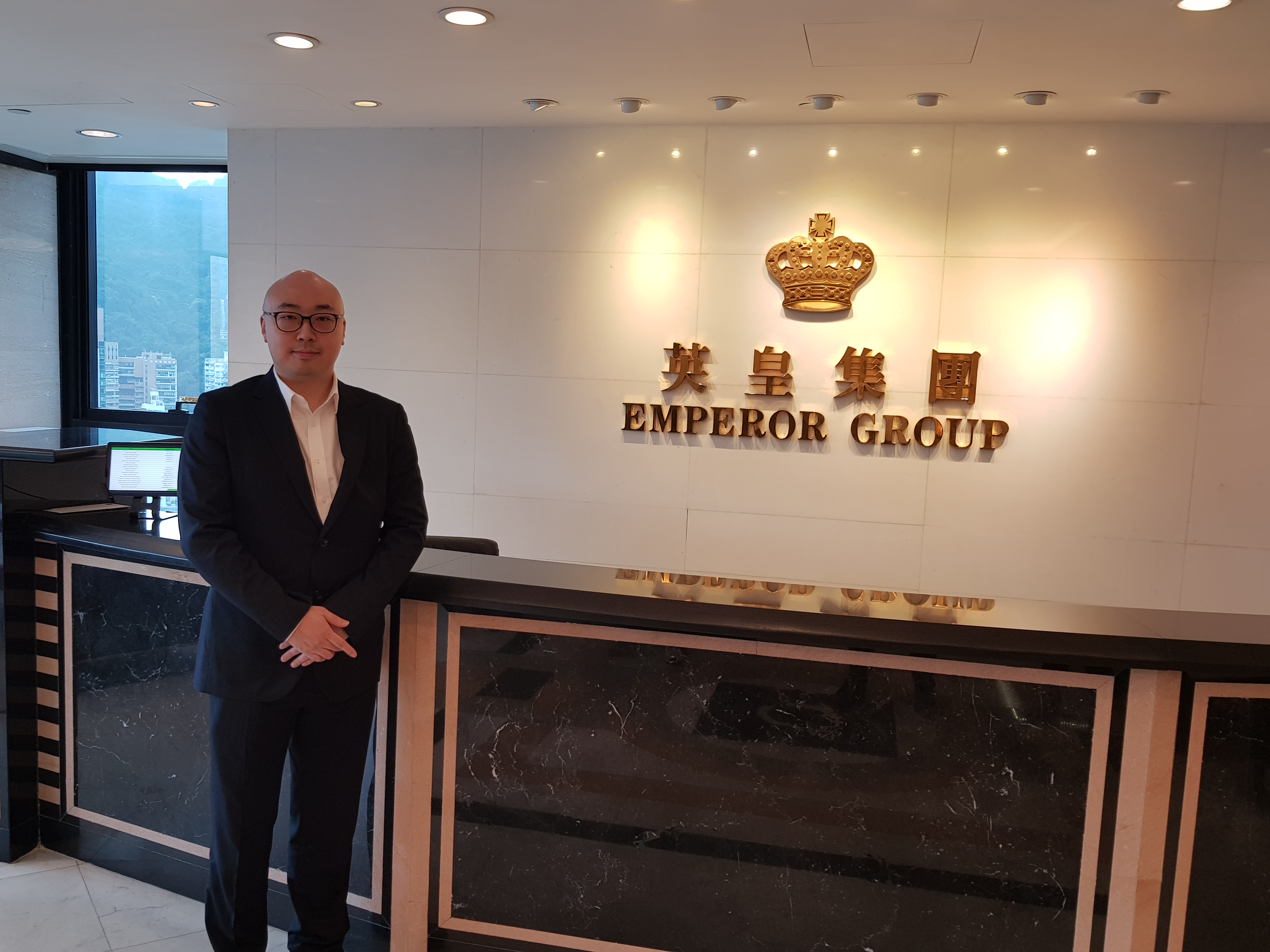Emperor Group Makes Password and Patch Management a DX Essential
- By CDOTrends editors
- June 02, 2019
A diversified business portfolio and strong growth saw the Emperor Group’s technology needs grow. To keep up, the Hong Kong-based conglomerate saw a strong need to modernize its IT. It wanted to transform from a traditional and manual operation. So it began with improving its security as its first step.
In an exclusive interview, Felix Hung, deputy head of Group IT, Emperor Group, discussed the company’s digital journey. He also shared how ManageEngine’s password management tool played a critical role.
How did you end up choosing ManageEngine’s password management?
Hung: As a Group function, we needed to devise a standard that other companies under us could emulate. Emperor Group didn’t have many tools to manage their passwords before. When I joined, the system administrator still kept the administrator passwords in an Excel spreadsheet. With over 10 years in electronic password management, I knew this had to change.
What were the main benefits of password management?
Hung: I did not want the administrator to keep the passwords. So, I consolidated and reset all the passwords to make sure our IT environment was safe. It was especially important as these concerned privileged accounts. After I consolidated all the previous passwords in the password manager, our environment became more stable and manageable.
Such a tool can improve the stability of the whole company. We have different engineers who support various business units. Not all of them may follow the exact instructions. But when they don’t have the passwords, they have to.
We’ve learned from ManageEngine that IT security and password management system was essential when dealing with privileged accounts. You need a centralized depository of passwords. You should also have good insights into who accessed the passwords, who logged in and so on.
Can you share the other benefits?
Hung: Patch management is essential these days. One of the Emperor Group companies was a listed securities company. So, we needed to follow the cybersecurity guidelines from the Securities and Futures Commission of Hong Kong (SFC). The guidelines require all securities companies to deploy patches in a timely manner.
ManageEngine Desktop Central, which was implemented by their regional value-added distributor Netmon, improved automation and visibility. Once it was deployed successfully, it automated the entire patch deployment process. We were also able to share monthly reports that were generated automatically. These reports showed the status of the patch updates. We were then able to report to the management with much better turnaround times and visibility of progress.
Going beyond authentication, what are you doing to improve cybersecurity?
Hung: We are also working on an infrastructure revamp that will take around 12-18 months to complete. As part of this project, we will be deploying a next-generation firewall and web filtering. We are looking to use the latest technologies and have already begun using five products from ManageEngine. We believe cybersecurity is a ‘living' [i.e., ongoing] task, and there will be many things to do during our journey.










